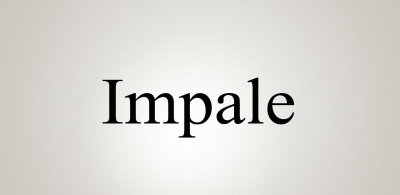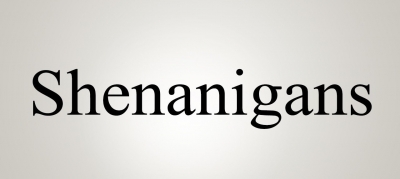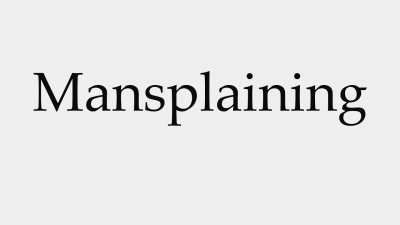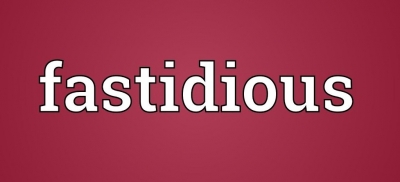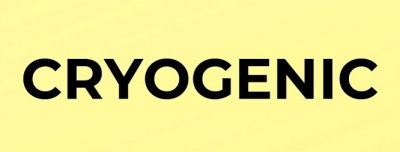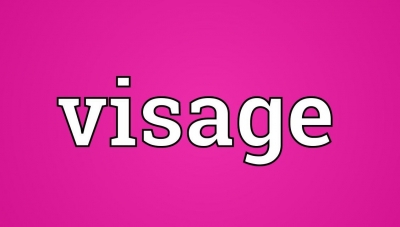What are the meaning, origin and usage of the word visage?

Visage
Meaning:
Visage is used as a noun and it means face or countenance. It also means the appearance of an individual as conveyed by his face, like "a stern visage." It can be used to refer to the appearance of inanimate things too.
Origin:
The term visage entered Middle English via Old French vis meaning face from the Latin visus meaning "sight, appearance" which again came from videre meaning "to see". Its first usage can be traced to the 14th Century.
Usage:
She is a young girl with a happy visage. The investors were put off by the dirty visage of the factory.
Picture Credit : Google
